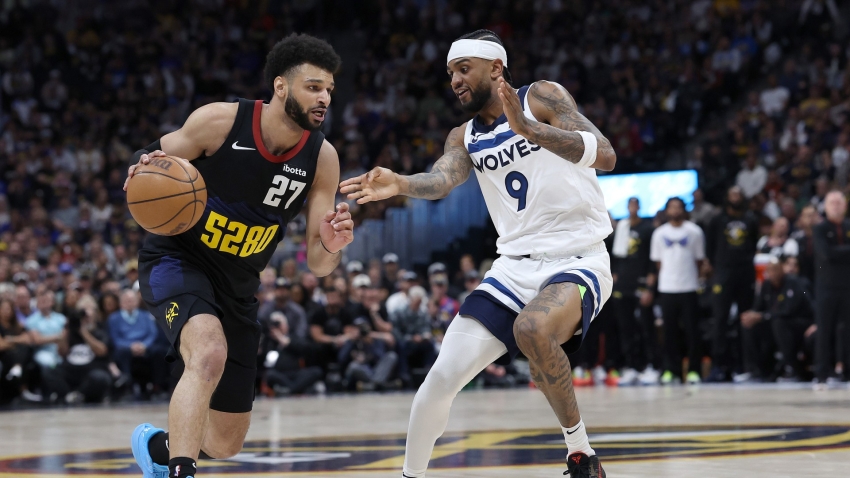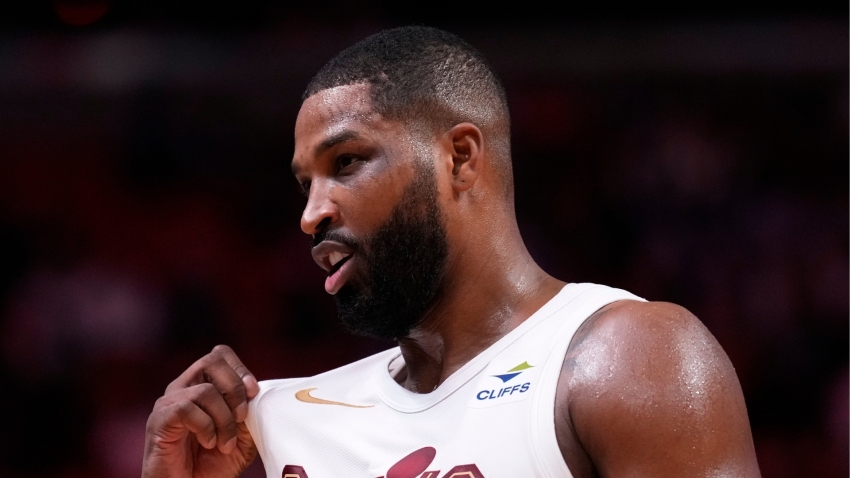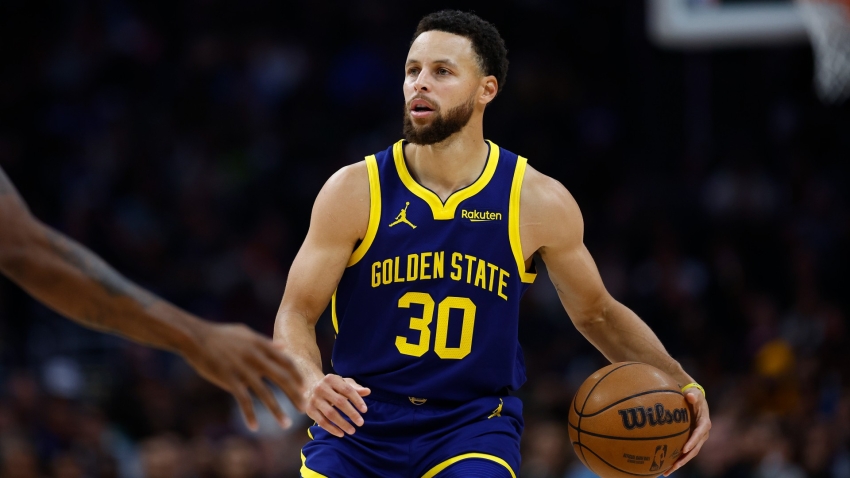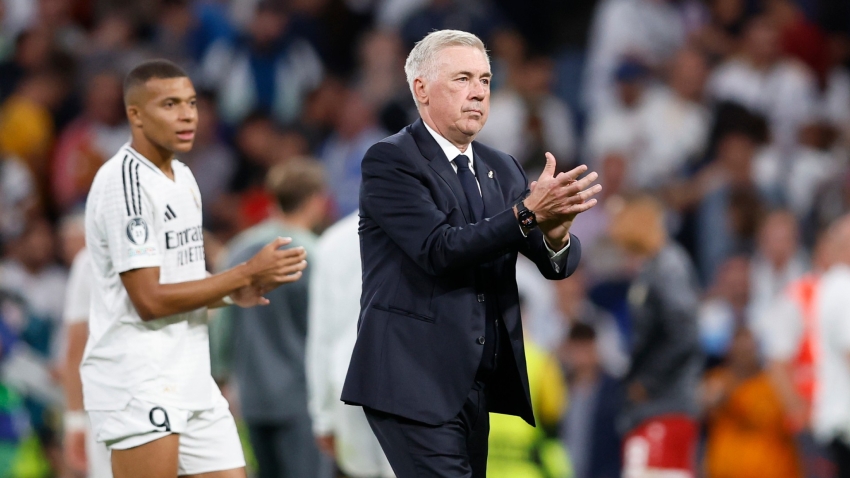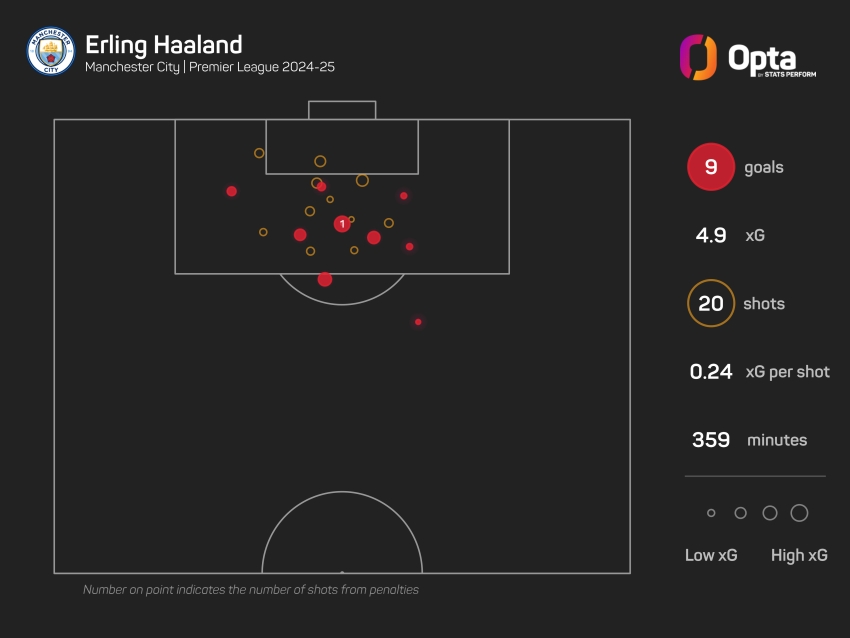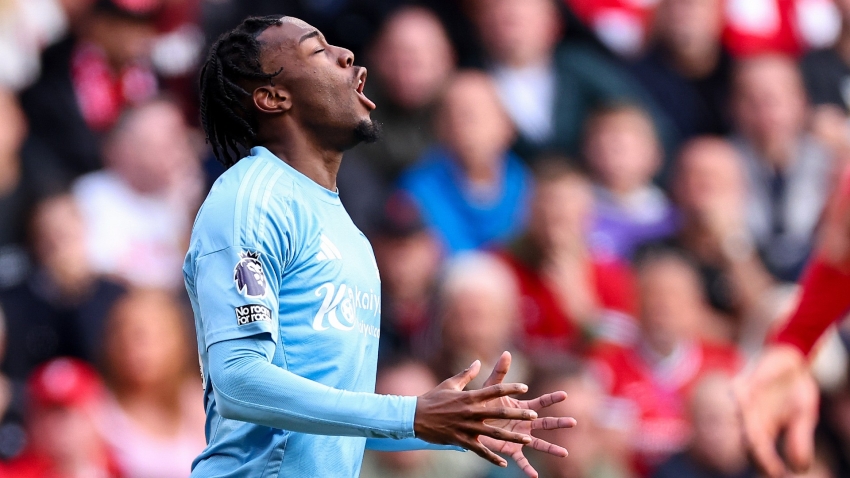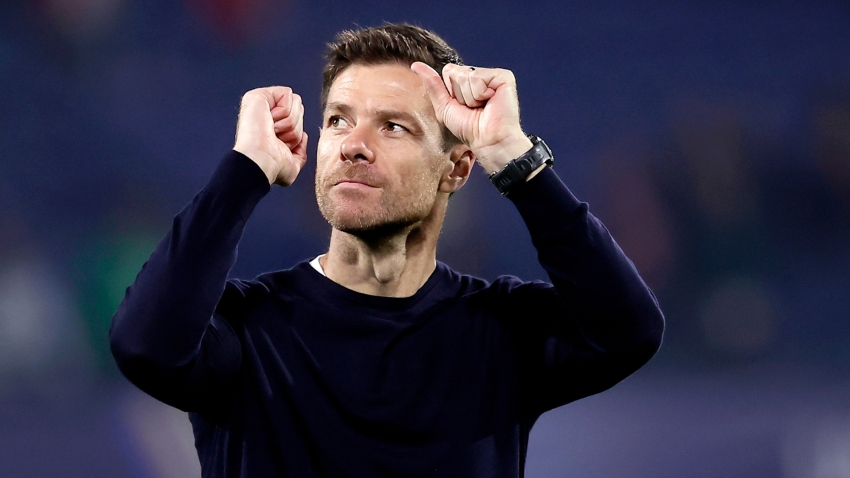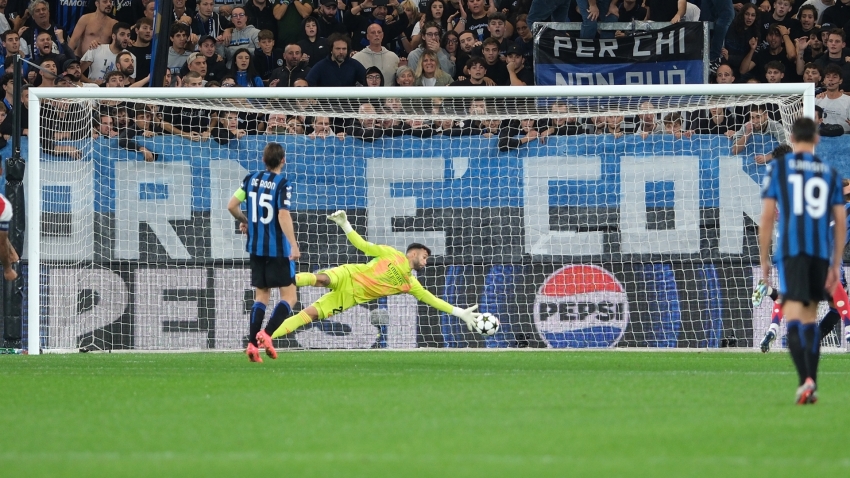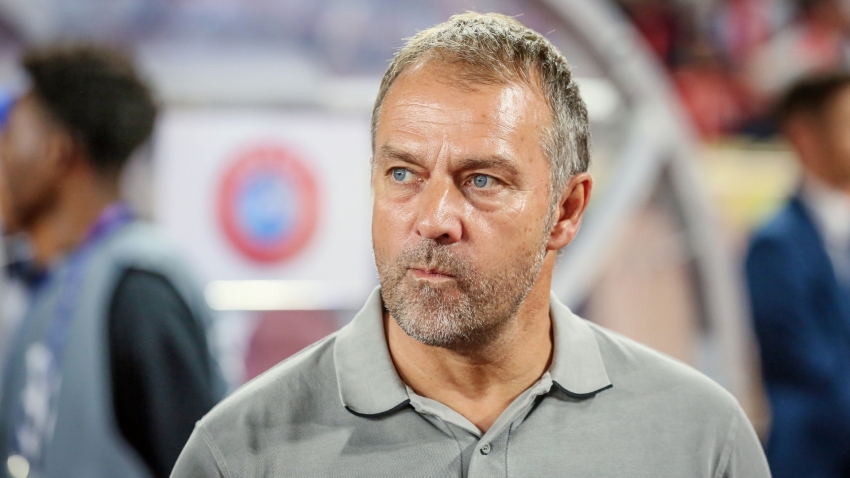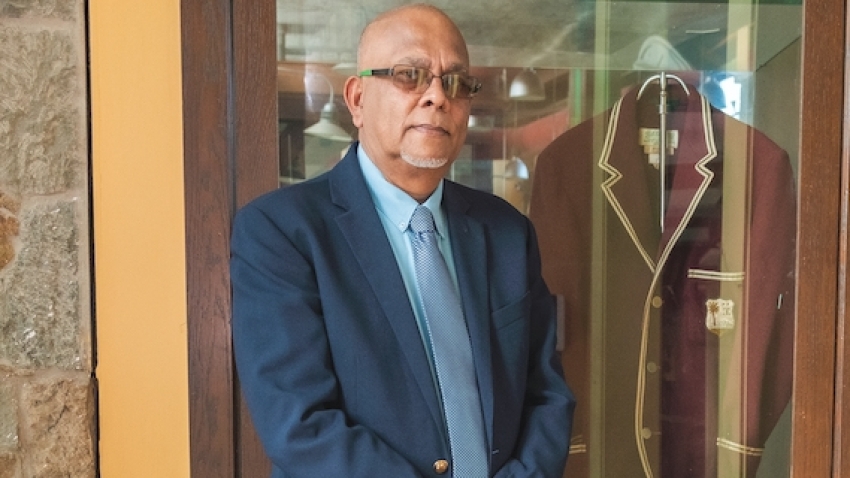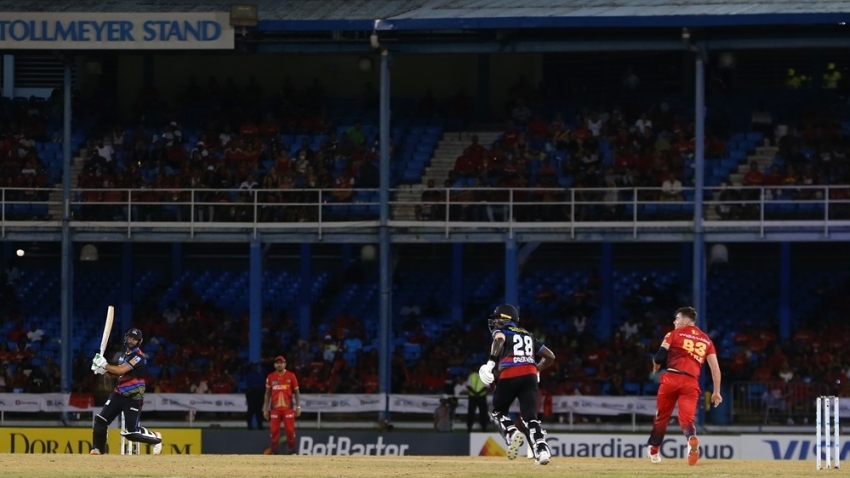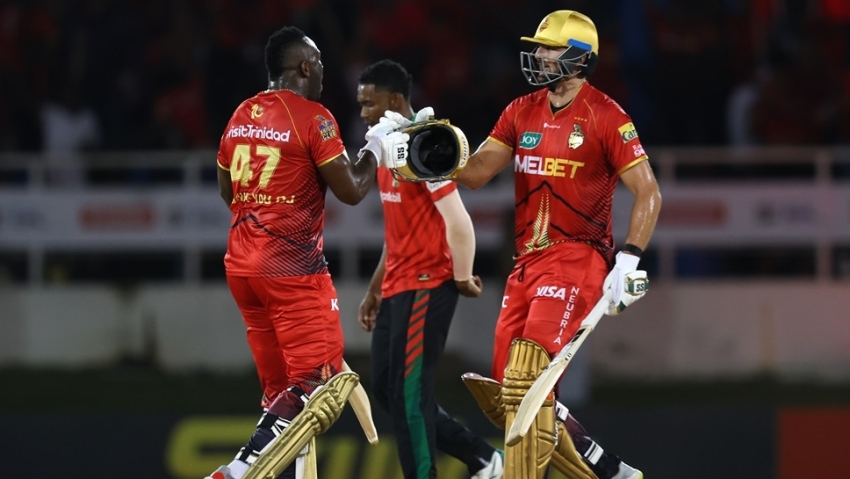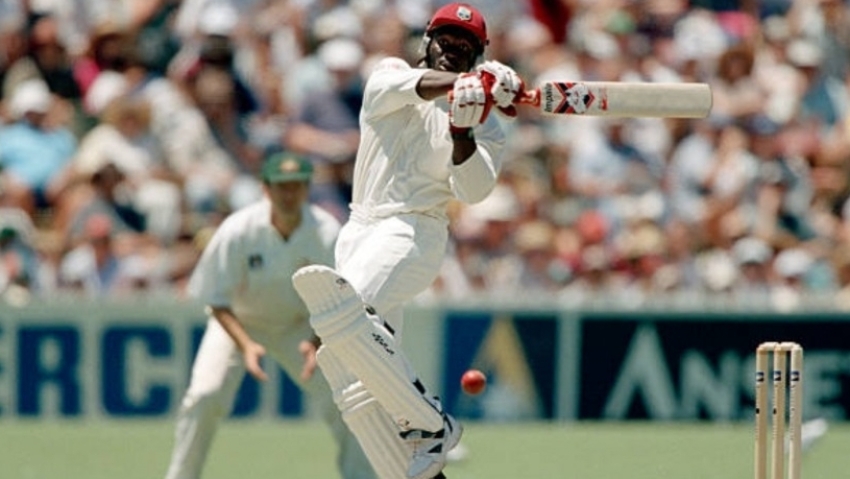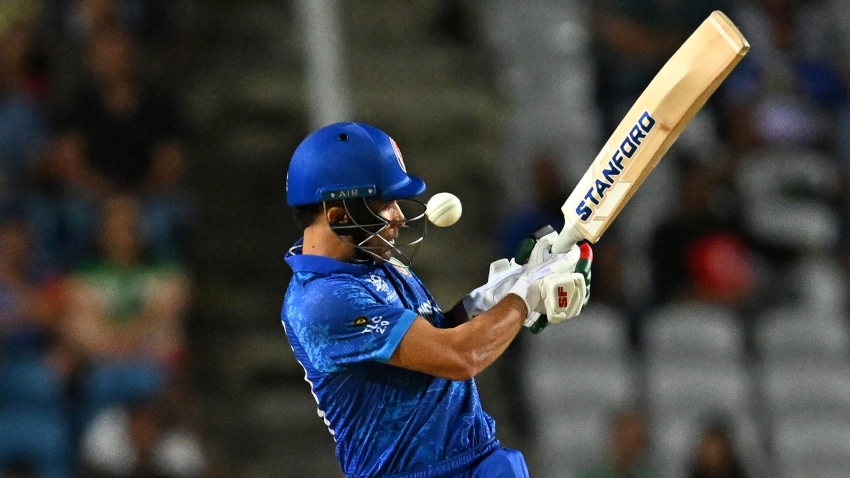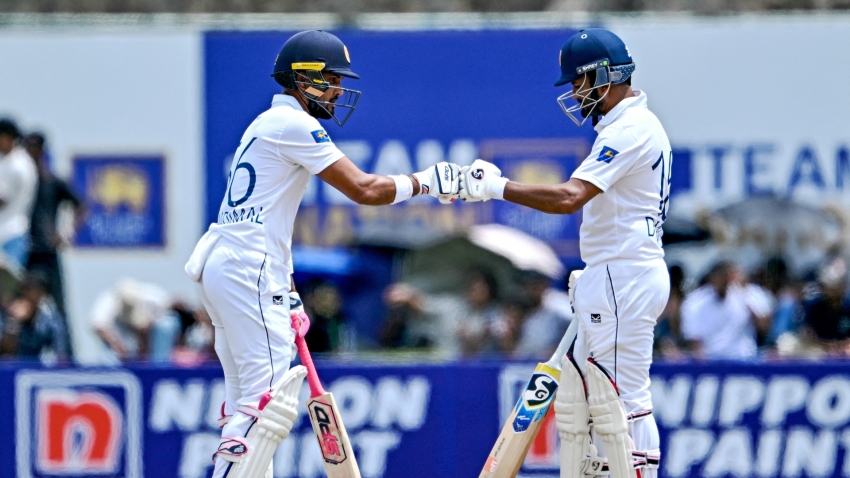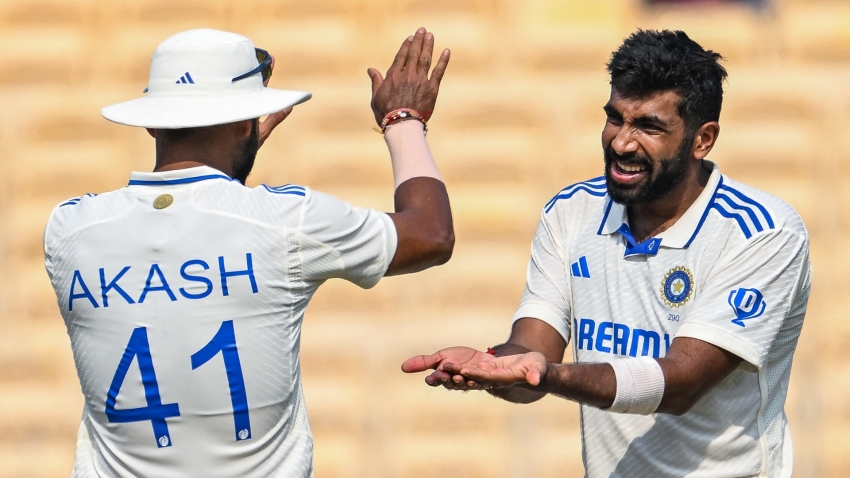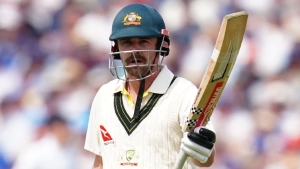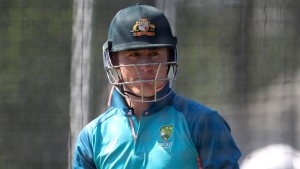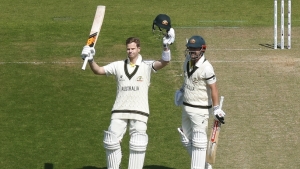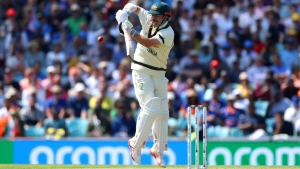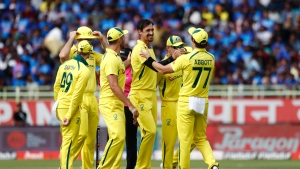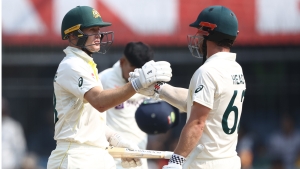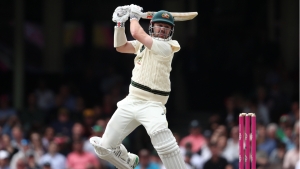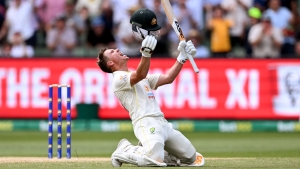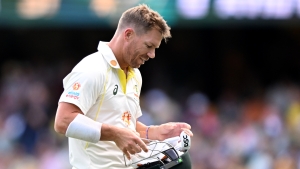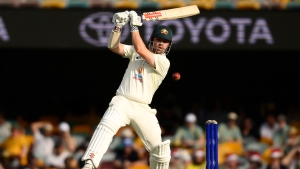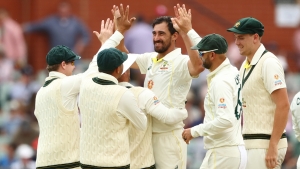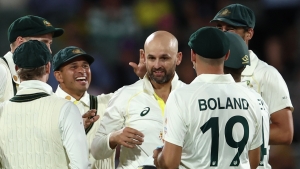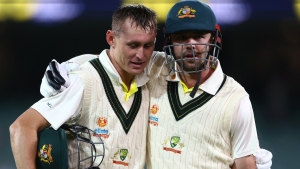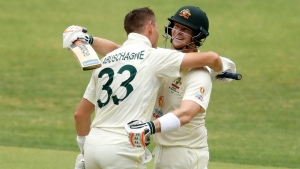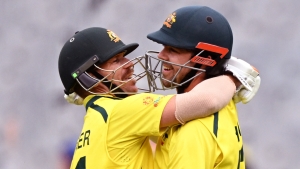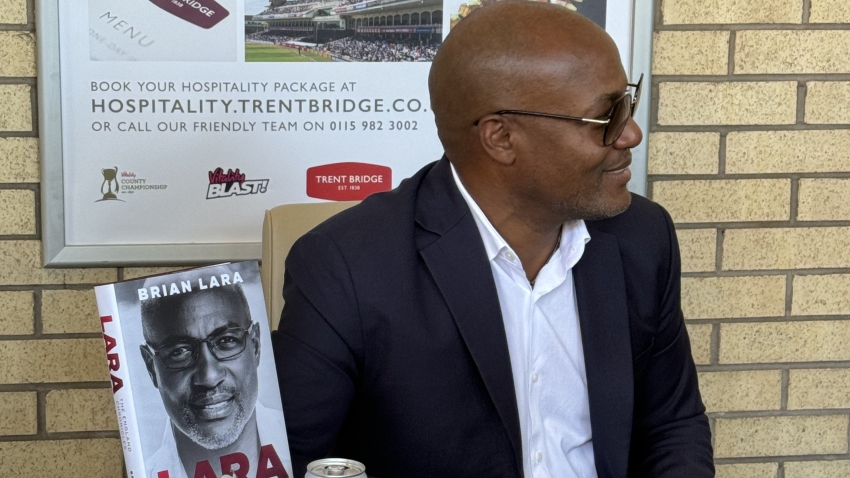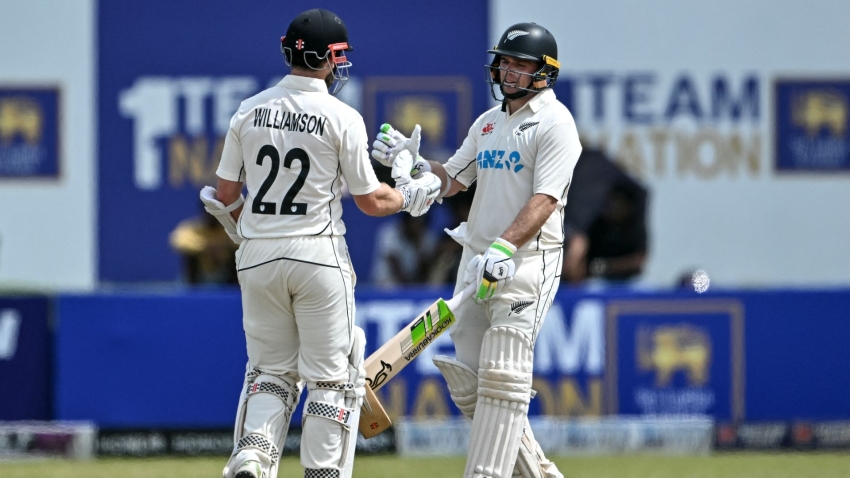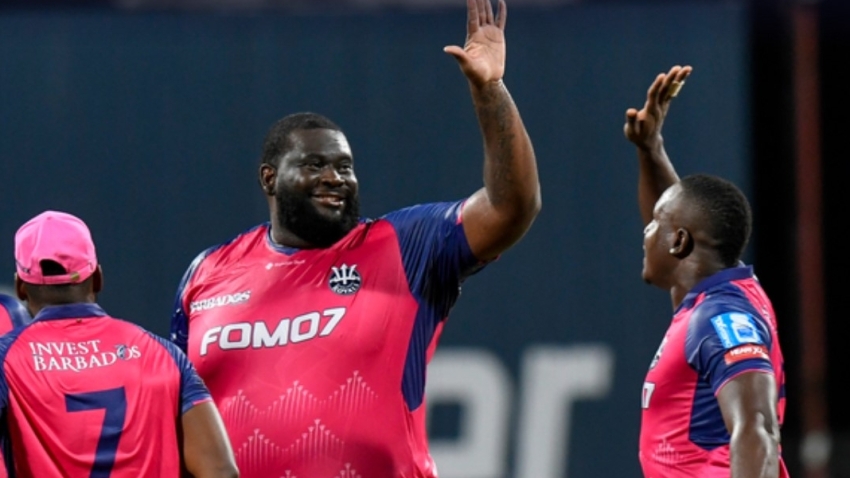India were scrapping to stay afloat in the World Test Championship final after a top order collapse left Australia in the driving seat on day two of the World Test Championship final.
Australia were all out for 469 in their first innings, Steve Smith following in the footsteps of first day centurion Travis Head to post 121, and then snapped up key wickets to establish a dominant position.
Each of their seam quartet struck as India lurched to 71 for four in the 19th over, before spinner Nathan Lyon joined the party and ended a battling fifth-wicket stand.
Ajinkya Rahane and Ravindra Jadeja doubled the score before the latter nicked Lyon to slip for 48. By stumps India were 318 behind on 151 for five, with plenty of work to do retain a realistic chance of succeeding New Zealand as red-ball world champions.
Australia arrived in the morning already boasting a healthy position on 327 for three. At that stage, they were surely hoping to clear 500, but India landed a few handy blows of their own as they took the last seven wickets for 108.
With 10 overs before lunch to work their magic, the Australian seamers made short work of the India openers. Captain Pat Cummins made the initial opening, thumping his opposite number Rohit Sharma halfway up the front pad with one that shaped in towards middle and off.
Scott Boland then joined the fray, seaming one in sharply and rearranging Shubman Gill’s stumps as he paid the price for a poorly judged leave. Boland filled his boots against England Down Under in 2021/22, taking a remarkable six for seven on debut at the MCG, and he made a compelling case for holding his spot at Edgbaston next week with 11 high-quality overs with the Dukes ball.
India survived a potential gut punch when star batter Virat Kohli came close to departing for a duck, withdrawing the bat only to see an inside edge spray off the toe and zip past his stumps, but their struggles continued after the break.
Cheteshwar Pujara belied his years of experience in English climes by aping Gill’s error, shaping to leave all-rounder Cameron Green and paying with the off stump.
Kohli’s exit left India in strife but he was at least guilty only of receiving a brutish delivery from Mitchell Starc.
The left-armer was expensive, shipping 52 from nine overs, but showed off his ability to deliver big moments when he got one to explode off a length at Kohli and rap the thumb of his bottom hand as it sprayed to slip.
India’s position left a lot to be desired but, with Australians sensing blood, Rahane’s perseverance and Jadeja’s counter-attacking nature served them well.
They put on 71 together, parted only when Lyon offered a change of pace. He forced Jadeja into an unusually defence stroke and clipped the outside edge to break the stand.
Smith had earlier brought up his 31st Test century, his seventh in England and his third at the Oval. Resuming on 95, he dispatched his first two balls of the morning from Mohammed Siraj to the boundary to reach three figures with minimal fuss.
India made regular inroads to keep the game moving forwards, Head departing for a classy 163 as Siraj got him brushing to the keeper with a bumper aimed at the ribs and Smith ending a five-and-a-half hour stay with an uncharacteristically loose prod that canoned into his stumps.



